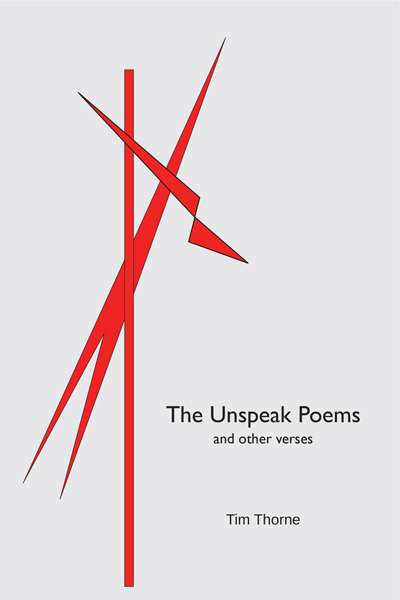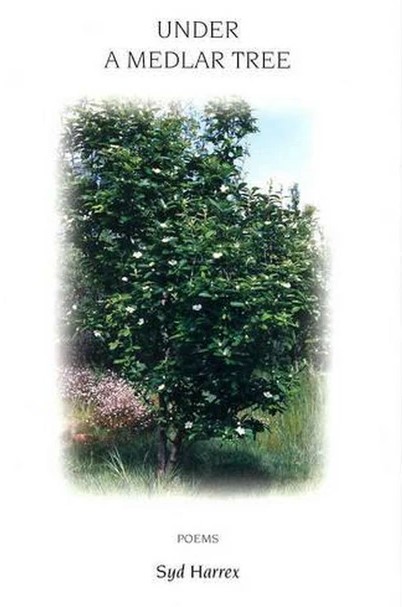Tim Thorne
Film | Theatre | Art | Opera | Music | Television | Festivals
Welcome to ABR Arts, home to some of Australia's best arts journalism. We review film, theatre, opera, music, television, art exhibitions – and more. To read ABR Arts articles in full, subscribe to ABR or take out an ABR Arts subscription. Both packages give full access to our arts reviews the moment they are published online and to our extensive arts archive.
Meanwhile, the ABR Arts e-newsletter, published every second Tuesday, will keep you up-to-date as to our recent arts reviews.
Recent reviews
In this episode of Australian Book Review's States of Poetry podcast, Tim Thorne reads his poem 'Theft' which features in the
What is the mind that would invent the lock? If this slab of the earthWindow
What are the pathways of the brain
that must be followed with no ball of string
to arrive at a device
which excludes? Why would you start?
was where you had always been,
there would be no entry point,
no threshold of distrust, only the base
a ...
Waking
Note the passive voice in that last line,
the denial implied. ‘People were shipped out.’
The agent with a conscious brain linked
to a hand with a pen or a gun felt his own grip
all along the neural pathways.
Some noises we can sleep through
but even the softest can be an alarm.
Sailboats in the calmest water are still not ...
Theft
The maps that teased my childhood were silent.
The imagination they cosseted
was of no use. Instead of song
there was a flatness, a sheet of pastel shades.
I could find Peru, but not food.
And these maps were my inheritance.
Maps can be owned. Land is something else.
Maps can be stolen. When the atlas claps shut
those who ...
On the Mountain
Here where clouds soothe rocks, high above commerce,
I could catalogue the sharper images
of evil but to what use? City tabloids
and browsers will unroll bandages
enough to wrap communal wounds.
The bardic robe sits ill. The mist suggests
the insubstantiality of wish.
Summon a future like some old romantic,
some ...
Attack
And it is the act, the will
channeled through fibre to impact;
this is history as king hit.
Imagine your own bedroom as nullius,
adding extra dizziness to any fall.
If pain, as is said, cannot be remembered,
only the having been hurt,
then where does the pain belong
that comes out of the blue ocean
into a v ...



